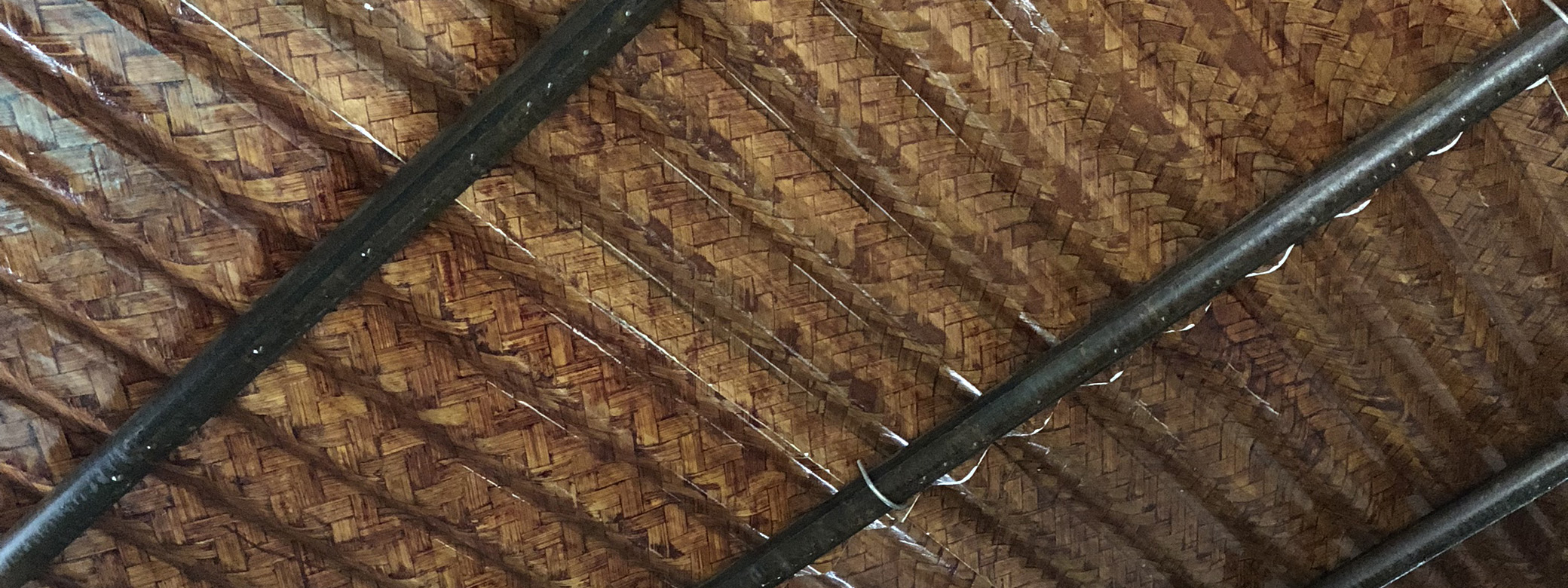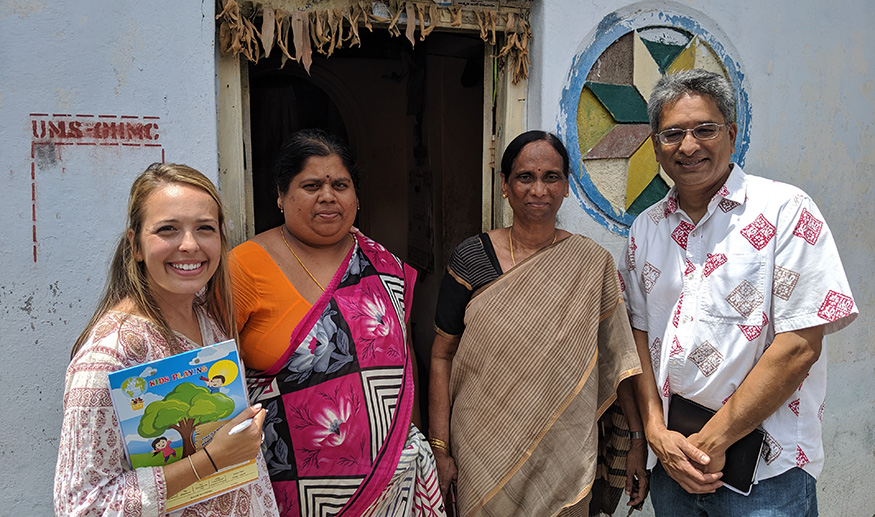
Sometimes an idea takes hold and won’t let go. For University of Washington alum Alexa Bednarz, that idea was a carbon-neutral building product that could potentially benefit millions of people worldwide. Turning that idea into a reality has been a journey and a challenge.
Bednarz (BA, Communication, 2012) is the founder of Eco-Shelter Inc. The company seeks to produce affordable and sustainable building materials in emerging markets, starting with an ultra-low carbon roofing material made from bamboo.
Eco-Shelter will break ground on its first manufacturing facility this year in India — an impressive accomplishment given that Bednarz has no background in manufacturing. She is not a materials engineer or an MBA. What Bednarz does have is an entrepreneurial spirit and fearlessness about reaching out to experts for help.
“I’m not afraid to ask for advice,” Bednarz says. “That’s served me well. I always take people up on the offer to help.”
An Idea Takes Shape
As a UW undergraduate, Bednarz pursued a communication major in the College of Arts & Sciences and a sales management certificate in the Foster School of Business, with plans to work in the nonprofit sector. The Bill & Melinda Gates Foundation (BMGF) was her dream job, but she was told they rarely hire applicants fresh out of school. On the advice of BMGF employees she met through networking, Bednarz applied as a BMGF temp during her senior year of college. When she was offered a six-week contract, she dropped several classes to take the job.
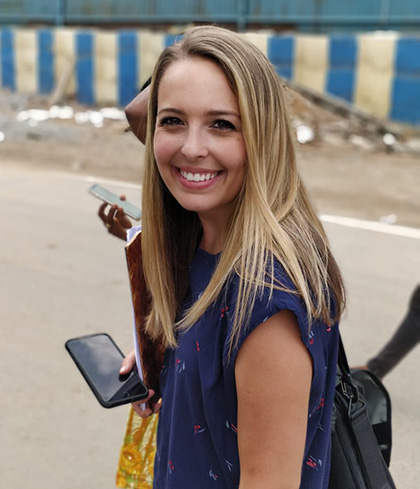
“It was such a short contact that no one else wanted it,” Bednarz recalls. “I was in my final quarter at the UW and already had enough credits to graduate. I figured I wouldn’t get this chance with the Gates Foundation again.”
The gutsy move paid off. The Gates Foundation extended Bednarz’s temporary contract and, after six months, hired her as a permanent employee. She continued there for seven years, working with experts from all over the world, including a six-month stint in India. “The Gates Foundation reminded me of my UW experience, the way it just opened my mind,” she says.
Bednarz loved hearing from guest speakers who visited the Foundation and found Paul Polak, co-author of “The Business Solution to Poverty,” particularly impactful. When Polak spoke about how entrepreneurship and business can drive change on an even larger scale than philanthropy or government, Bednarz took note.
“I’ve always been very entrepreneurial in nature and interested in social impact, so that really got me excited,” Bednarz says. “I thought, ‘How cool would it be if I could combine these two things that interest me?’”
I knew the problem was important and someone needed to solve it. And I didn’t know who else was going to take it on. So why not me?
What Bednarz needed was a business idea that would benefit society and the confidence to pursue it. She enrolled in an entrepreneurship certificate program through the Foster School’s Buerk Center for Entrepreneurship, and for a class project, pitched a business that would turn sustainable bamboo roofing material into a mass-market product. The assignment was intended as an exercise, but Bednarz — aware that many low-income households in India had inadequate roofing — saw real-world potential.
Bednarz continued working on a business plan and pitched the idea again in a business pitching competition, Seattle's Social Venture Partners (SVP) Fast Pitch, winning a $6,000 Audience Choice Award. She used the funds to pilot the roofing project in India.
Partnering to Solve Problems
After gaining traction with her pilot project, Bednarz hit a roadblock. She discovered that costs in the production process made the roofing material unsuitable as a mass-market solution.
“I figured that was why no one else had pursued the idea,” Bednarz says. “I thought the problem was impossible to overcome, and I was feeling defeated. Then a mentor from the business pitching competition suggested contacting universities to see if the technical problem was solvable.”
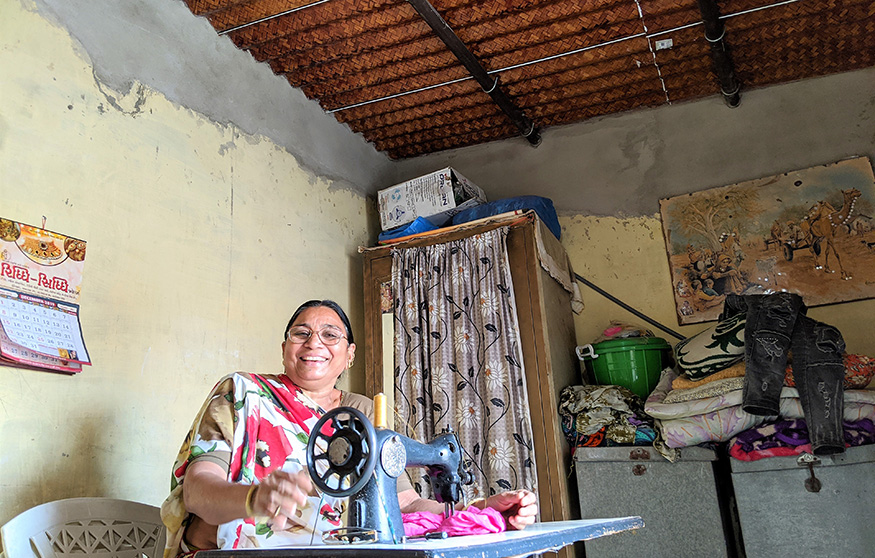
Bednarz and her mentor, Krishna Nadella, eventually connected with Vikram Yadama, Louisiana Pacific Distinguished Professor in Wood Materials and Engineering at Washington State University. Yadama was intrigued and willing to partner on research and development. He and Bednarz submitted a research proposal to the National Science Foundation (NSF) and were awarded a $225,000 phase-one Small Business Technology Transfer Research award. They have since received a $1 million phase-two award to refine the production process for carbon-neutral roofing panels.
Bednarz is now raising capital from private investors and anticipates opening Eco-Shelter’s first production facility in India later this year. Distributors and housing organizations in India have shown interest in the product, as have builders and architects in the US.
“A lot of US builders are looking for low-carbon building materials and are excited about the product, especially as siding or paneling,” says Bednarz. “So while we’ll launch in India, we’ll also be looking to export a portion of the product to the US.”
Bednarz admits to occasional moments of disbelief that her vision for sustainable bamboo roofing is being realized. She credits her Arts & Sciences education with providing many of the skills that made it possible. “Understanding how the world works and respecting diverse cultures has been critical in the company’s success,” she says. “My liberal arts education focused a lot on those types of skills.”
There have been no shortage of technical challenges in starting Eco-Shelter Inc., but the biggest challenge for Bednarz was overcoming doubt.
“I’m very aware that I am a white woman, not from India, starting this company in India with no formal technical background,” she says. “There are so many times in entrepreneurship that you struggle with self-doubt, because you’re constantly being forced to do things you’ve never done before. It’s always stretching and pushing you in some new, uncomfortable way.”
“But,” she adds, “I knew the problem was important and someone needed to solve it. And I didn’t know who else was going to take it on. So why not me?”
More Stories
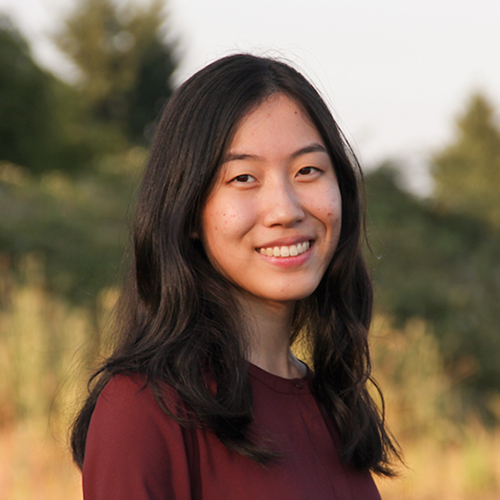
Two Majors, Complementary Skills
Elizabeth Xiong (2024), a double major in art history and computer science, shares how she gained different and complementary skills from each major.
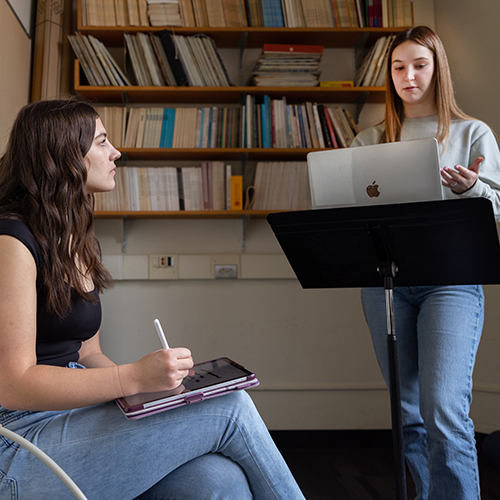
The Truth About Public Speaking
Becoming an effective public speaker requires planning and practice. Professor Matt McGarrity and consultants at the UW Center for Speech & Debate are available to help.

A Closer Look at Teens & Digital Technology
The impact of digital technology on teens' mental health is the focus of a new course developed by Lucia Magis-Weinberg in the UW Department of Psychology.
